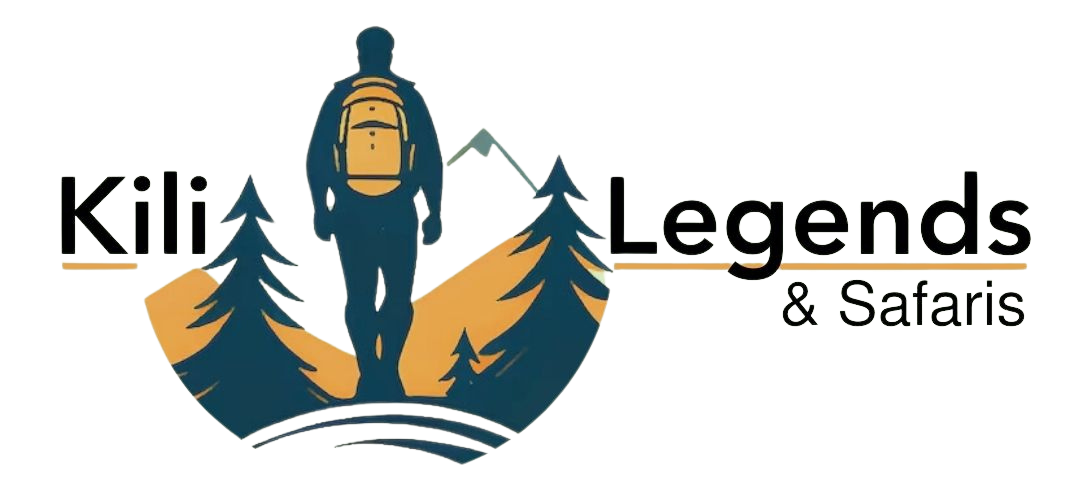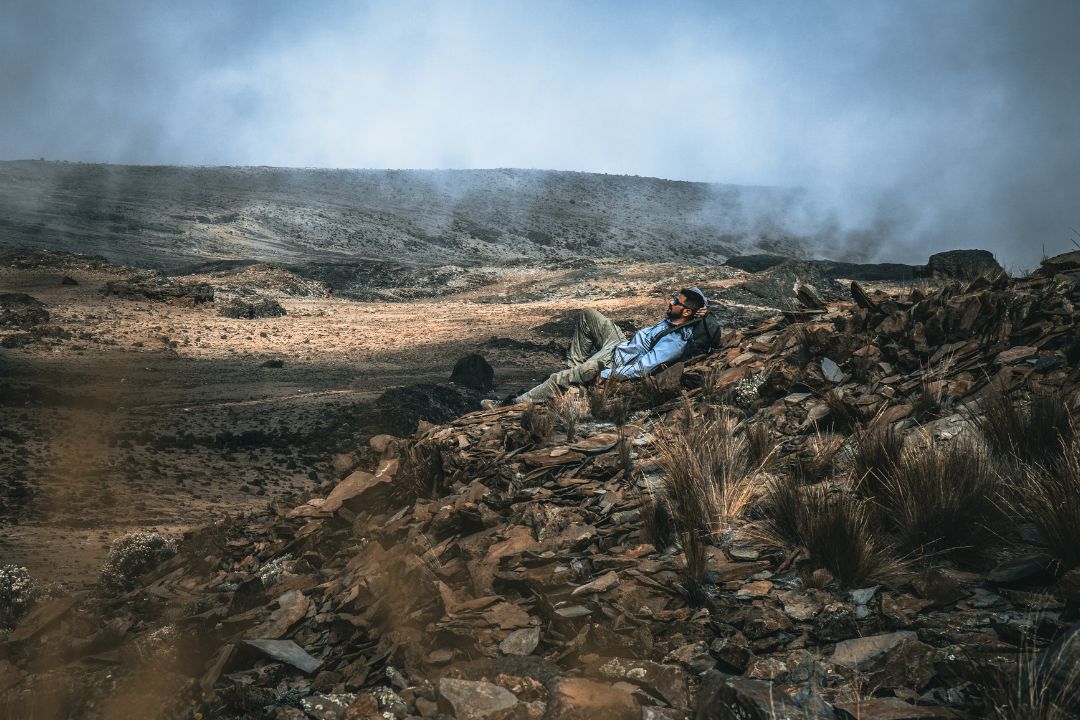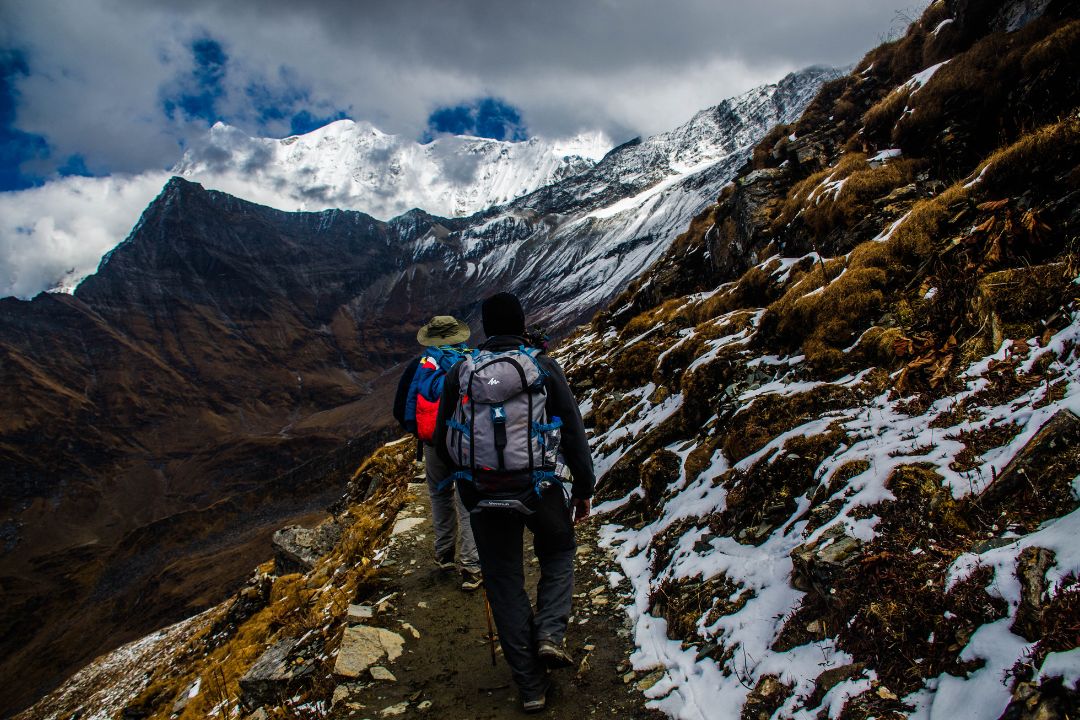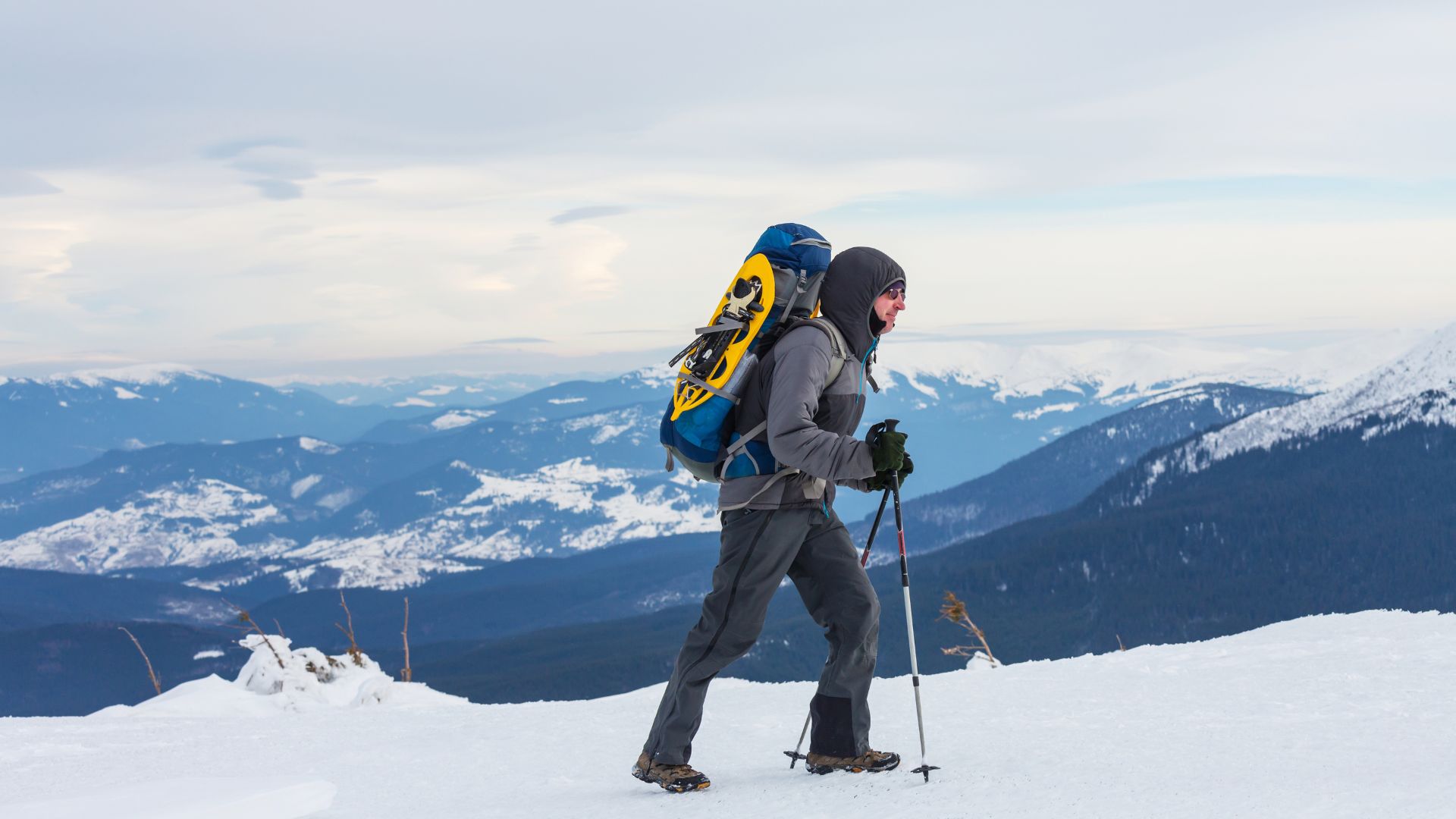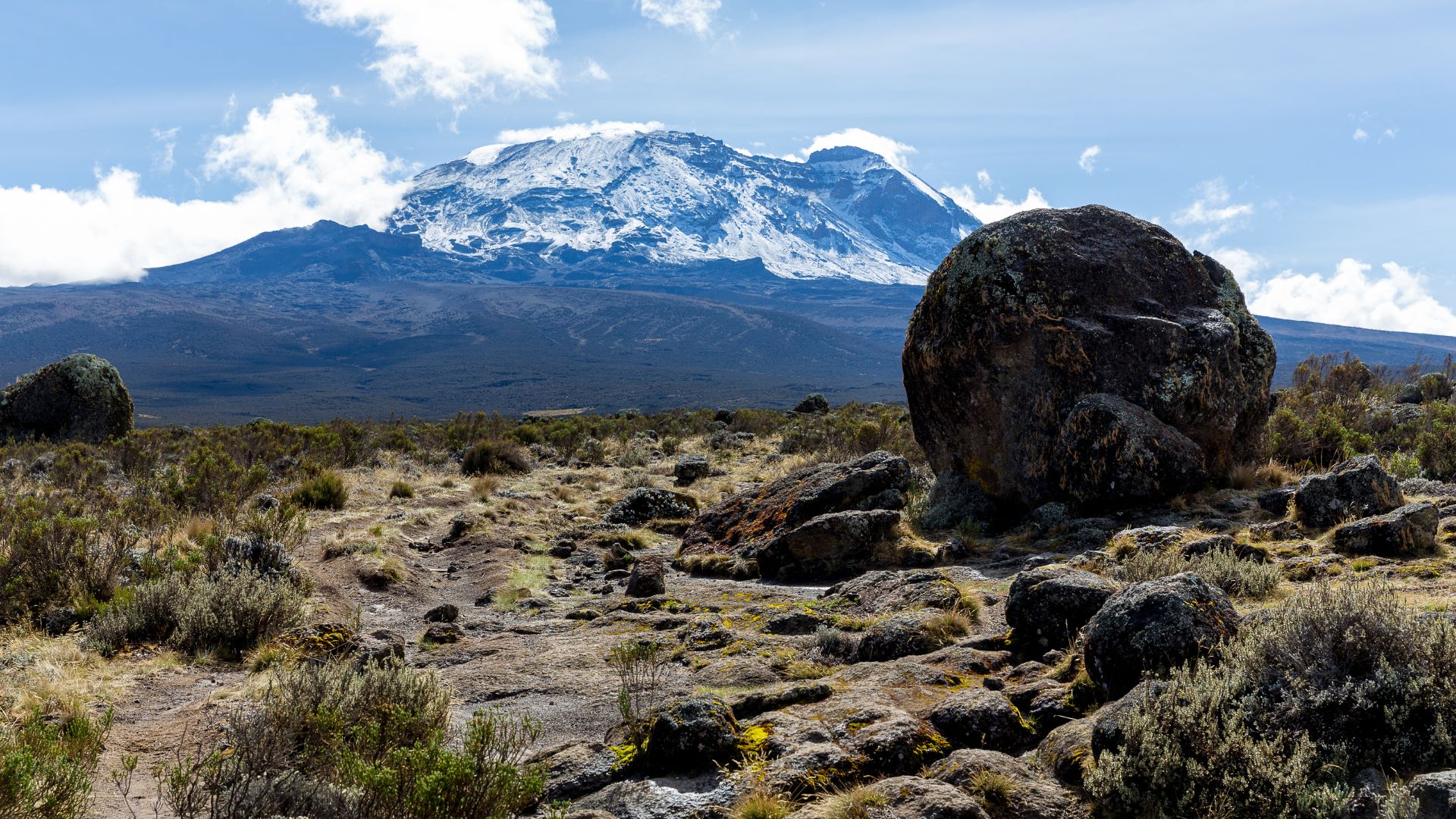Northern Circuit Route
- Climbing Kilimanjaro
- 10 days
The Lemosho Route is among the most scenic and enjoyable trails up Mount Kilimanjaro, with its diverse landscapes and rich beauty. It is well regarded for its strong acclimatization profile, giving climbers a higher chance of summit success. Beginning on the western slopes, the trail curves around the mountain’s southern side before reaching the summit from the east, then descends the southeastern slope. This route is an outstanding choice for reaching Africa’s highest peak.
From
3,490
per person
- Detailed Itinerary
- Inclusion
- Accommodation
Detailed Itinerary
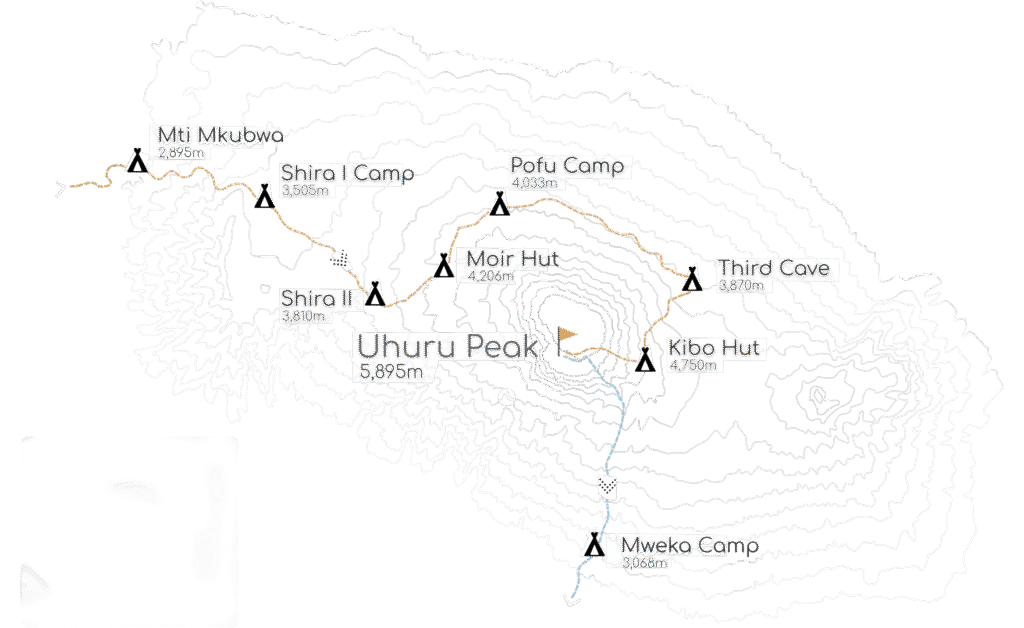
Day 1: Welcome to Kilimanjaro
Arrive at Kilimanjaro International Airport and transfer to your hotel in Moshi or Arusha. Meet your expert guides for a detailed briefing on the Northern Circuit trek. Use the day to rest, check your gear, and prepare mentally and physically for the adventure ahead. Overnight stay at the hotel.
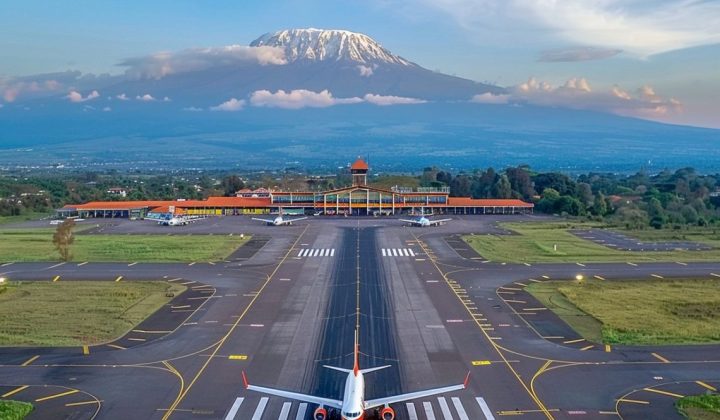
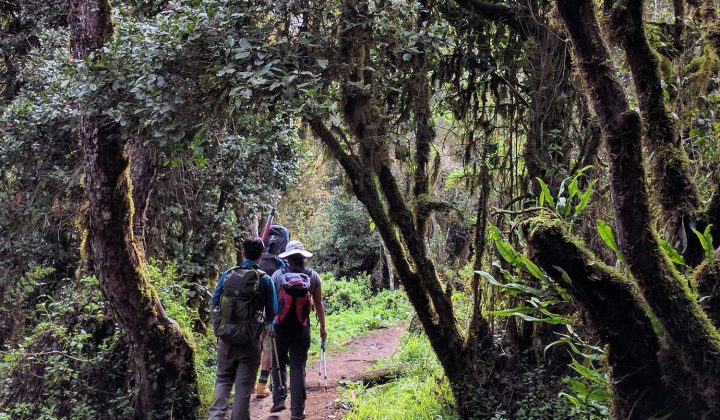
Day 2: Into the Rainforest Realm
Drive to Londorossi Gate and begin your trek into the lush rainforest. Tall trees, moss-covered branches, and abundant birdlife create an enchanting start to your journey. Listen for the calls of colobus monkeys while gently ascending to Mti Mkubwa Camp, where the peaceful forest surroundings provide a perfect introduction to Kilimanjaro’s wilderness.
Day 3: Rising Through Heather Lands
Leave the dense forest behind and ascend into the heath and moorland zone. Encounter giant groundsels, lobelias, and other unique high-altitude plants as you gain altitude gradually. The slower pace ensures proper acclimatization. Shira 1 Camp offers serene surroundings and panoramic views, making it an ideal spot to enjoy the early beauty of Kilimanjaro’s higher reaches.
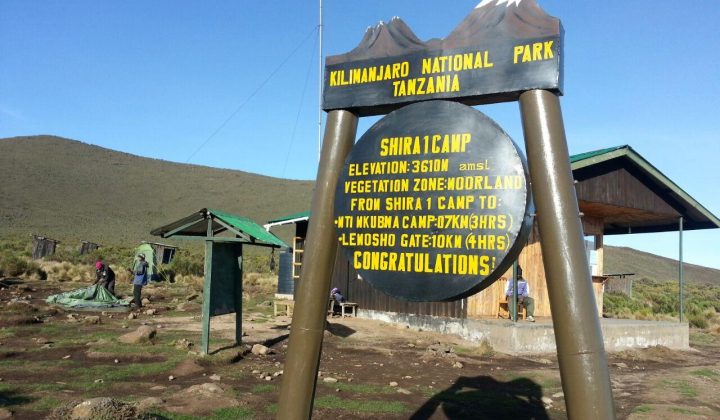
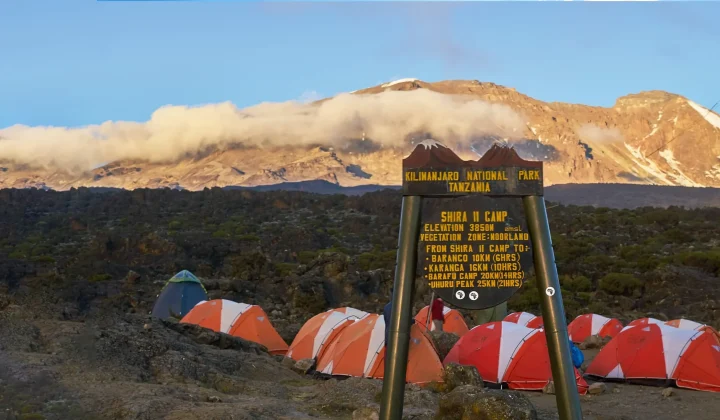
Day 4: The Shira Plateau Panorama
Cross the vast Shira Plateau, a high-altitude expanse of open moorland and dramatic ridges. This scenic trek offers panoramic views of Kilimanjaro’s glaciers and western slopes. The plateau’s solitude provides a perfect opportunity for photography and reflection. Camp at Shira 2 under the vast starry sky, soaking in the tranquility far from the usual trekking crowds.
Day 5: Heights of Lava Tower
Ascend to Lava Tower (4,630m) for an acclimatization hike before descending to Moir Hut. This “climb high, sleep low” strategy reduces the risk of altitude sickness while offering breathtaking views of the mountain’s rugged northern face. Enjoy the sense of remoteness, with fewer trekkers and the opportunity to savor the untouched beauty of this unique region.
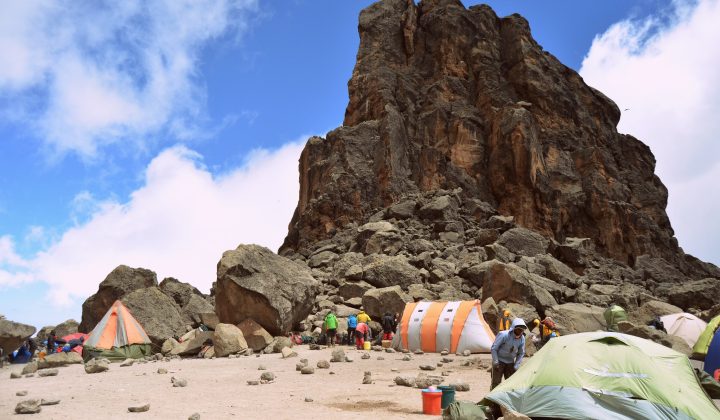
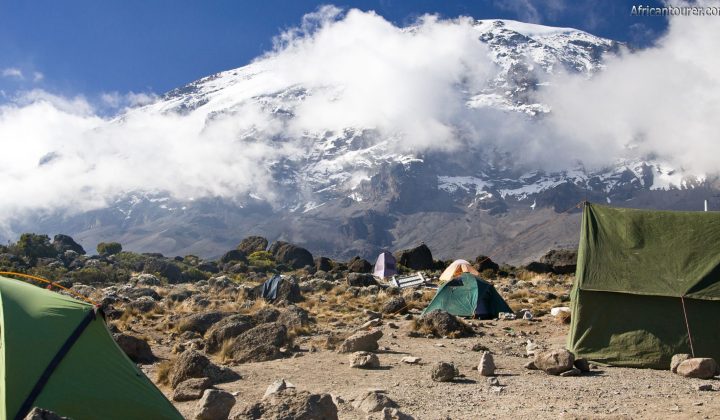
Day 6: Along the Northern Ridge
Trek from Moir Hut to Buffalo Camp along the northern slopes. The trail offers sweeping vistas across Tanzania and Kenya, with rolling ridges and pristine landscapes. The quieter, less-traveled route allows reflection and connection with the mountain. A steady pace ensures continued acclimatization, preparing your body for the summit push while taking in the vast panoramic scenery.
Day 7: The Third Cave Haven
Descend gently to Third Cave Camp through alpine vegetation and scenic ridgelines. This day provides a chance to rest, recover, and enjoy the solitude of Kilimanjaro’s northern wilderness. Stunning views of glaciers and rugged slopes make this section memorable. The shorter trek gives time to acclimatize further before approaching the demanding summit stretch.
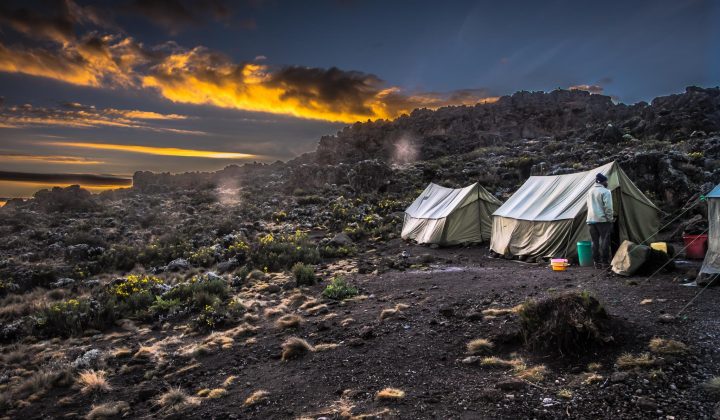
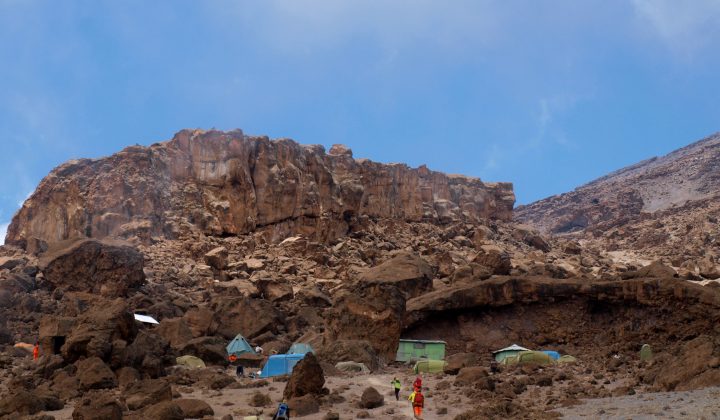
Day 8: Crossing the Alpine Desert
Trek from Third Cave to School Hut through Kilimanjaro’s stark alpine desert. Rocky terrain and scattered high-altitude plants dominate the landscape, signaling your approach to the summit zone. Take a steady pace to conserve energy, enjoying dramatic vistas of the crater rim. Overnight at School Hut, preparing for the final night climb to Uhuru Peak.
Day 9: Summit the Roof of Africa
Start at midnight for the final ascent to Uhuru Peak (5,895m). Trek past Gilman’s Point and Stella Point, witnessing the sunrise over Africa from the highest point on the continent. Celebrate your achievement and descend carefully to Mweka Camp. Reflect on the incredible journey and the sense of accomplishment that comes from reaching the summit.
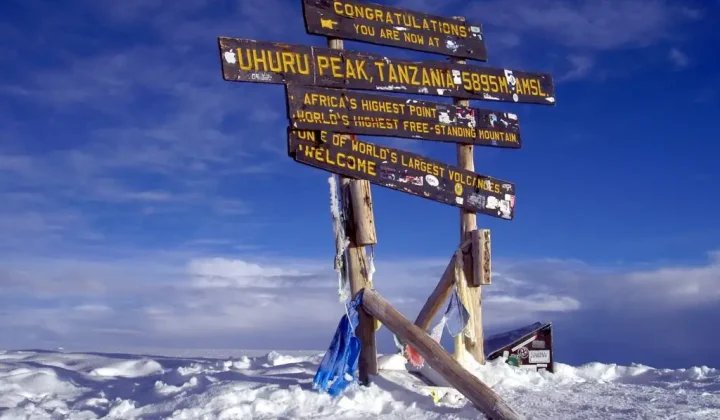

Day 10: Journey Back to the Forest
Descend from Mweka Camp through lush montane forest toward Mweka Gate. Enjoy the sights and sounds of the lower slopes as wildlife reappears in the greener areas. Upon arrival at the gate, receive your summit certificate and celebrate completing the Northern Circuit. Transfer to your hotel in Moshi for a comfortable overnight stay.
Day 11: Farewell to Kilimanjaro
After breakfast, transfer to Kilimanjaro International Airport for your onward journey. Take with you unforgettable memories of Kilimanjaro’s Northern Circuit, the achievement of standing on Uhuru Peak, and the breathtaking natural beauty of Tanzania. Conclude your adventure feeling inspired, accomplished, and connected to one of Africa’s greatest landscapes.

Inclusion
- Arrival and departure transfers from Kilimanjaro International Airport to your hotel.
- 10 nights of accommodation: 2 nights in hotel (arrival/departure) and 8 nights on the mountain in tents.
- All meals on the mountain: breakfast, lunch, and dinner.
- Professional Kili Legends and Safaris mountain guides, porters, and cooks.
- Park fees, camping fees, and rescue/evacuation fees.
- Trekking equipment on the mountain: tents, sleeping mats, and dining facilities.
- Summit certificates upon reaching Uhuru Peak.
- Bottled water on the trek (1–2 liters per day per person).
- Kilimanjaro route briefing and itinerary preparation.
Not Included
- International flights to/from Tanzania.
- Visa fees for Tanzania.
- Travel and personal insurance (highly recommended, must include mountain rescue coverage).
- Tips for guides, porters, and support staff.
- Personal trekking gear (warm clothing, boots, sleeping bags, trekking poles).
- Drinks and snacks not provided on the trek.
- Optional hotel extras (laundry, bar, or spa services).
- Any additional activities outside the Kilimanjaro trek.
Where you'll stay
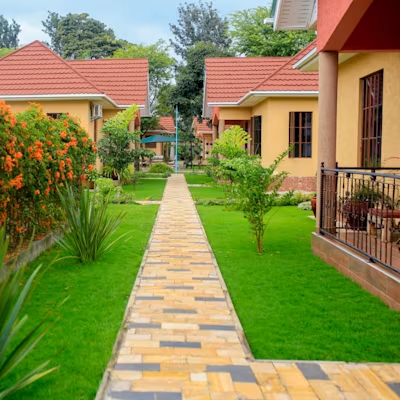
Lindrin Lodge
Lindrin Lodge in the town of Moshi offers chalet accommodation in a pretty and well-maintained garden setting.
